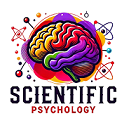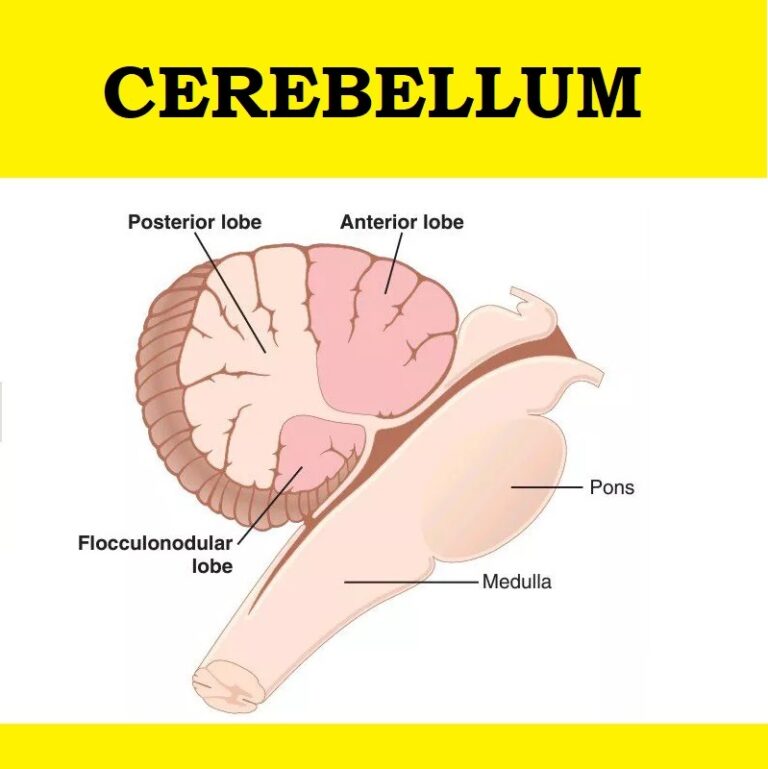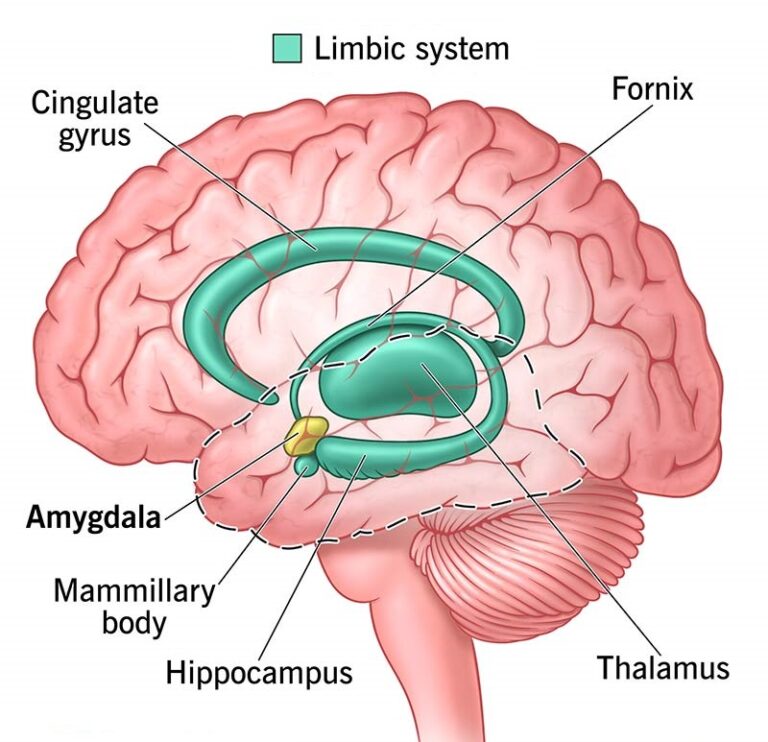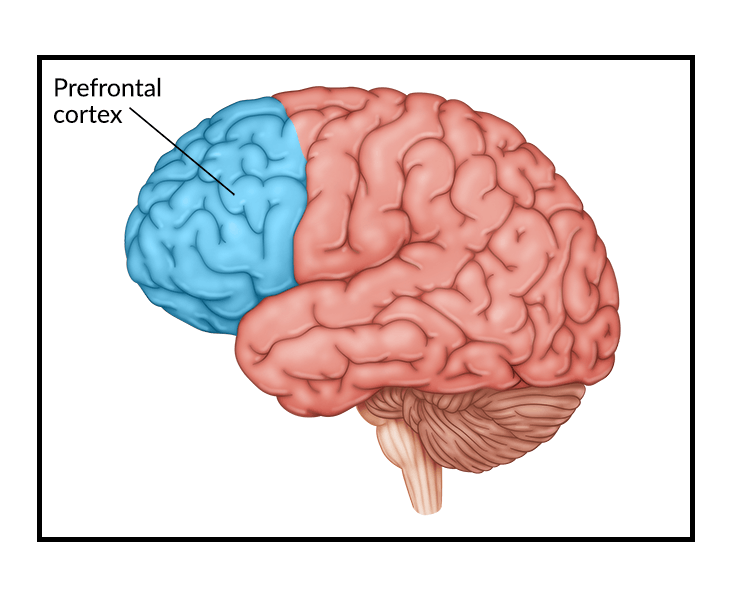
Epistemology, often referred to as the theory of knowledge, lies at the heart of philosophical inquiry and underpins all academic disciplines. Derived from the Greek words “epistēmē” (knowledge) and “logos” (study), epistemology seeks to answer fundamental questions about knowledge- its nature, sources, scope, and validity. While ontology addresses what exists, epistemology addresses how we come to know what exists. This article critically evaluates the essential aspects of epistemology, using examples and empirical insights to explore its relevance in contemporary knowledge paradigms.
Understanding Epistemology: Key Questions
Epistemology revolves around three core questions:
- What is knowledge? – Philosophers generally define knowledge as justified true belief, though this definition has been critiqued and expanded over time.
- How is knowledge acquired? – This explores sources of knowledge, such as perception, reason, memory, and testimony.
- What are the limits of knowledge? – This addresses skepticism and the boundaries of human understanding.
These questions have shaped diverse epistemological traditions and debates. For instance, the rationalist tradition emphasizes reason as the primary source of knowledge, while empiricism prioritizes sensory experience.
Table 1: Key Epistemological Traditions
| Tradition | Focus | Key Philosophers |
|---|---|---|
| Rationalism | Knowledge through reason | Descartes, Spinoza, Leibniz |
| Empiricism | Knowledge through sensory experience | Locke, Berkeley, Hume |
| Pragmatism | Knowledge as practical and useful | Peirce, James, Dewey |
| Constructivism | Knowledge as socially constructed | Piaget, Vygotsky, Kuhn |
Sources of Knowledge
Epistemology categorizes knowledge acquisition into four primary sources:
- Perception: Direct sensory experience. For example, observing the color of the sky.
- Reason: Logical deduction and inference. For instance, mathematical proofs rely on reasoning.
- Memory: Retention of past experiences. Remembering historical events or personal experiences forms a critical part of knowledge.
- Testimony: Information from others. This is particularly relevant in education and communication.
Each source has strengths and limitations. Perception, for example, can be influenced by illusions, while testimony depends on the credibility of the source.
Epistemological Debates: Rationalism vs. Empiricism
The rationalism-empiricism debate highlights contrasting views on how knowledge is acquired:
- Rationalists argue that knowledge is innate and derived from reason. Descartes’ famous dictum, “Cogito, ergo sum” (I think, therefore I am), exemplifies this perspective.
- Empiricists contend that knowledge originates from sensory experience. Locke’s notion of the mind as a “tabula rasa” (blank slate) illustrates this view.
Modern epistemology often synthesizes these perspectives. For instance, Kant’s critical philosophy integrates rationalism and empiricism, proposing that knowledge arises from the interaction between sensory input and innate cognitive structures.
Applications of Epistemology in Knowledge Paradigms
1. Scientific Inquiry
Scientific research relies on epistemological assumptions. Empiricism dominates natural sciences, emphasizing observation and experimentation. However, theoretical sciences, such as physics and mathematics, often incorporate rationalist principles.
Example: The discovery of gravitational waves in 2015 was grounded in empirical observation, but the prediction of their existence was based on Einstein’s theoretical reasoning in 1915.
2. Education
Epistemology shapes pedagogical approaches. Constructivist theories, for instance, suggest that learners actively construct knowledge through experiences and interactions. This contrasts with traditional methods that view knowledge as a fixed entity transmitted from teacher to student.
Table 2: Epistemological Implications in Education
| Approach | Epistemological Basis | Example |
|---|---|---|
| Traditional Teaching | Knowledge as objective and fixed | Lectures, standardized testing |
| Constructivist Learning | Knowledge as subjective and evolving | Group discussions, project-based learning |
3. Artificial Intelligence (AI)
Epistemology informs AI development, particularly in machine learning. AI systems must “learn” from data and “know” how to categorize and process information. Debates on whether machines can truly “know” mirror epistemological discussions about human cognition.
Example: Deep learning algorithms use vast datasets (testimony) and iterative training (reasoning) to achieve predictive accuracy. However, questions remain about their ability to replicate human understanding.
Empirical Insights: Epistemology in Action
Research in Cognitive Science
Empirical studies often validate epistemological theories. For instance:
- Memory as a Knowledge Source: Loftus and Palmer’s (1974) research on memory distortion showed that recollection is not always reliable, challenging the epistemological assumption of memory as an infallible source of knowledge.
- Social Epistemology: Studies on collective intelligence highlight the value of testimony and collaboration. Surowiecki (2004) demonstrated that groups often make better decisions than individuals, supporting constructivist epistemology.
Interdisciplinary Research
Epistemology bridges disciplines. For example, in medicine, evidence-based practice combines empirical research with practitioner expertise and patient testimony, reflecting a pluralistic epistemological approach.
Challenges in Epistemology
1. Skepticism
Skepticism questions whether knowledge is possible. Descartes grappled with radical skepticism in his Meditations, while contemporary epistemologists address challenges like the Gettier problem, which questions whether justified true belief is sufficient for knowledge.
2. Relativism
Relativism posits that knowledge is context-dependent and varies across cultures and individuals. While this perspective promotes inclusivity, it raises concerns about the objectivity and universality of knowledge.
Table 3: Challenges in Epistemology
| Challenge | Description | Implication |
|---|---|---|
| Skepticism | Doubts about the possibility of knowledge | Drives deeper inquiry into justification and truth |
| Relativism | Knowledge depends on context and perspective | Challenges universality of scientific knowledge |
| Fallibility | All sources of knowledge are prone to error | Encourages humility and continuous questioning |
Conclusion
Epistemology, as the study of knowledge, remains vital in navigating the complexities of the modern world. Its principles shape scientific inquiry, educational practices, and technological advancements, offering frameworks to understand and address challenges. By critically evaluating the sources, limits, and validity of knowledge, epistemology not only deepens our intellectual pursuits but also enhances practical applications across disciplines. As we confront emerging issues-from AI ethics to misinformation-a robust epistemological foundation will be essential in fostering informed, reflective, and adaptive societies.
References
- Loftus, E. F., & Palmer, J. C. (1974). “Reconstruction of Automobile Destruction: An Example of the Interaction Between Language and Memory.” Journal of Verbal Learning and Verbal Behavior, 13(5), 585-589.
- Surowiecki, J. (2004). The Wisdom of Crowds: Why the Many Are Smarter Than the Few. Anchor Books.
- Kuhn, T. S. (1962). The Structure of Scientific Revolutions. University of Chicago Press.
- Descartes, R. (1641). Meditations on First Philosophy.







